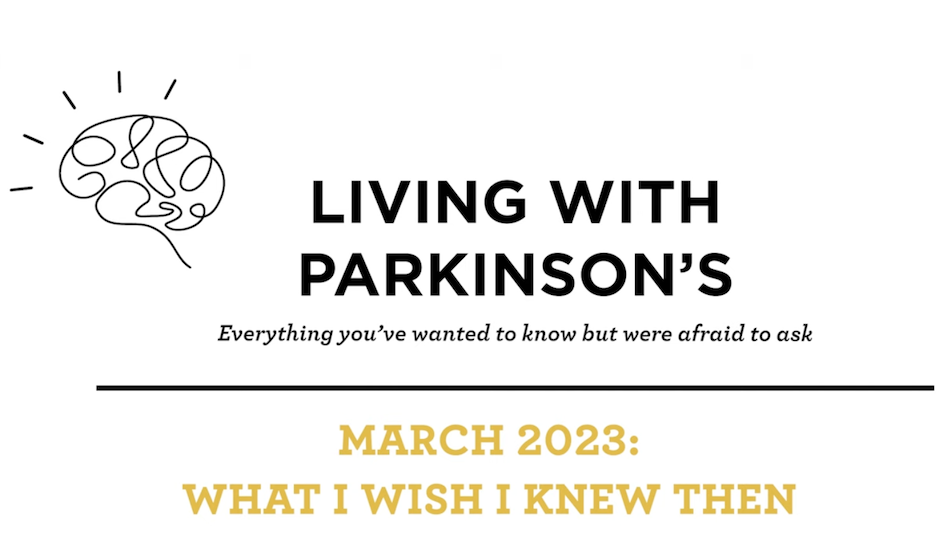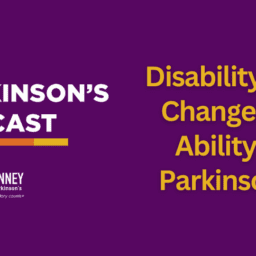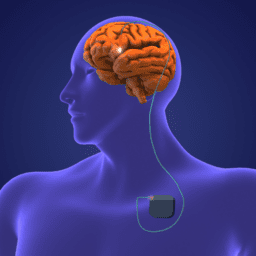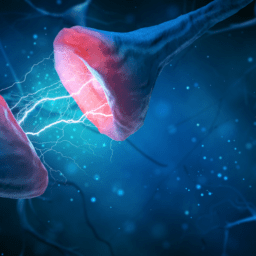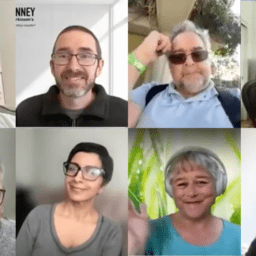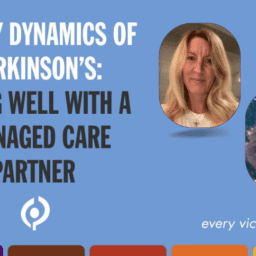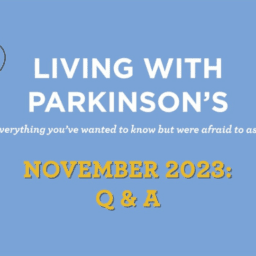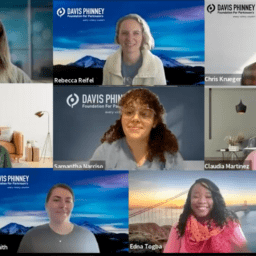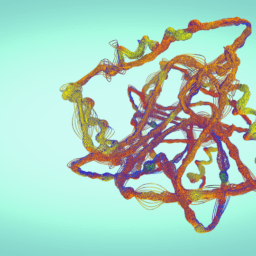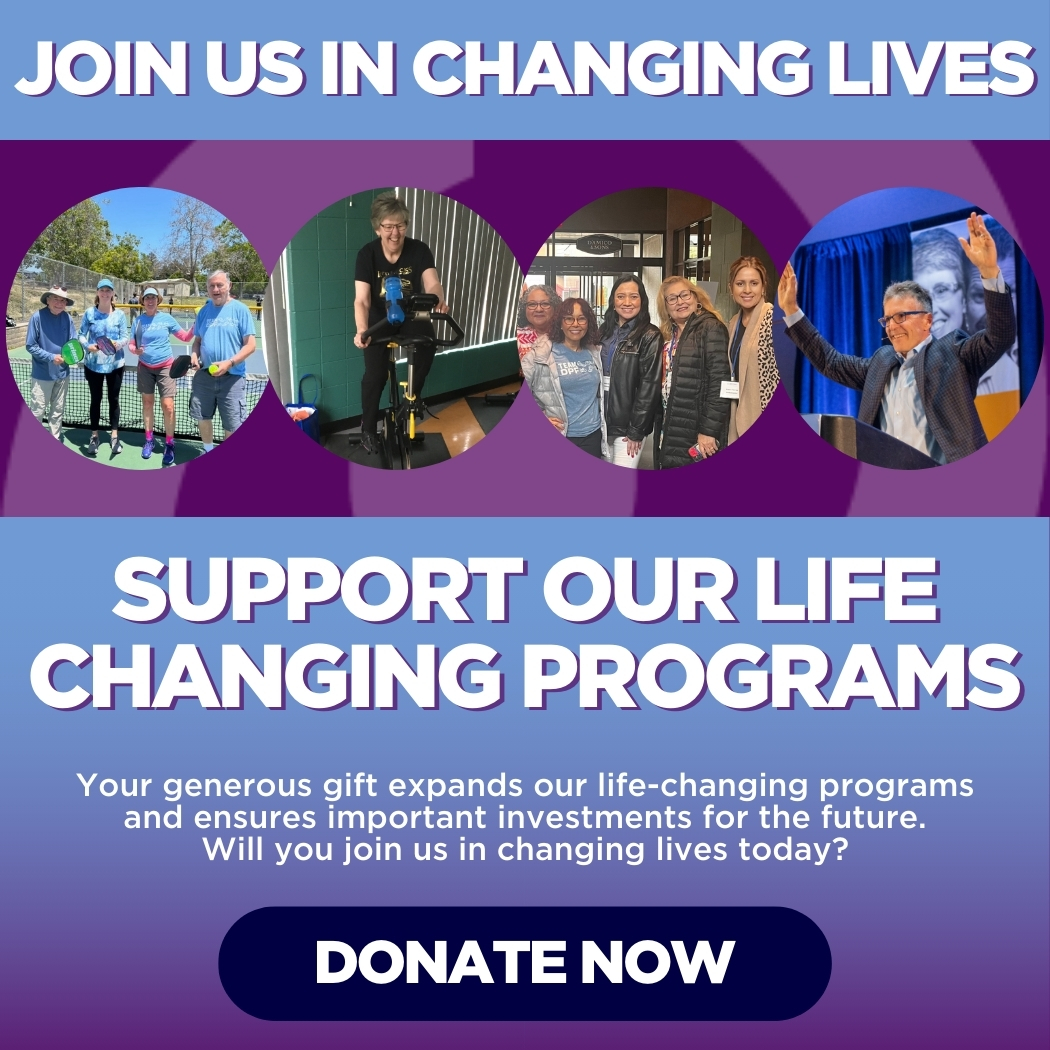During this session, panelists discussed the question "What do you wish you knew when you were first diagnosed with Parkinson's" and the advice they'd like to share with others. See you next month on April 20, 2023, at 1 pm MDT. Not yet registered for the monthly meetups? You can do that here.
You can download a copy of the transcript here.
Note: This is not a flawless, word-for-word transcript, but it’s close.
During this session, panelists discussed what they wish they knew when they were diagnosed with Parkinson's and what advice they would give now to those who are newly diagnosed.
Join us on the third Thursday of every month at 1 pm MDT by registering here.
Topics discussed include:
- What do you wish you had known when you were first diagnosed with Parkinson’s?
- Being kind, listening to elders, and seeking help
- Take things seriously, but not too seriously
- Don't ignore your symptoms
- Medications
- What you wish you knew the moment when you are first diagnosed
- Having a movement disorder specialist
- Support groups
- What you wish you knew about the importance of exercise
- Socializing, being with people, and getting out of your head
and more! We hope you enjoy!
WANT MORE PRACTICAL RESOURCES LIKE THIS?
You can learn much more about living well with Parkinson’s today through our Every Victory Counts® suite of resources. Each manual is packed with up-to-date information about everything Parkinson’s. Click the link below to order your manual(s).


